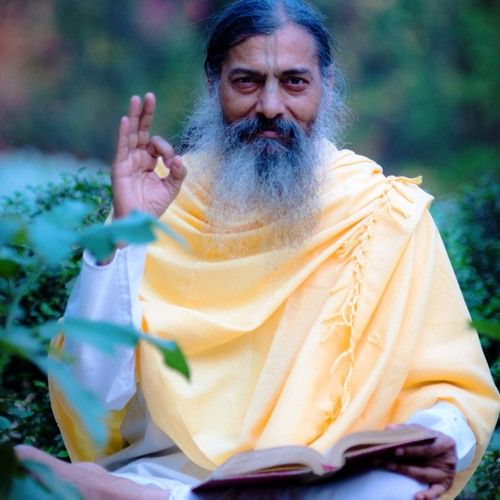VAIDYA - वैद्य
The Healer


The Deer
Vaidyas are represented by the deer because like a deer, Vaidya's are very sensitive non-confrontational, and empathetic.
Sensitive
Deer are known as being very sensitive and observant. One physical sign of their high sense of awareness is the placement of their eyes on the side of their head, which enables them to be totally aware of their surroundings, even when staring straight ahead. They also have an astute sense of hearing and smell that enables them to detect predators from a distance, and flee, avoiding danger before it becomes a threat.
Non-confrontational
Deer tend to be gentle, innocent, agreeable, and non-confrontational animals. As herbivores, a deer’s primary defense mechanism is to flee rather than to fight. Deer typically do not engage in aggressive behavior unless they feel directly threatened.
Empathetic
Research on deer in the wild has shown that they exhibit social behavior that suggests an awareness of the feelings of others. For example, deer have been observed comforting and grooming each other. This behavior suggests that deer are capable of recognizing the emotional state of others and responding in a way that shows concern or support. Studies also have shown that deer have mirror neurons, which are specialized brain cells that help individuals understand and attune to the emotions of others. Mirror neurons are thought to play a role in empathy, as they enable individuals to "feel" the emotions of others by mirroring their facial expressions and body language.
Sanskrit Meaning
-
In Sanskrit, the word, “vaidya” means a doctor, physician or healer.
-
The term is derived from the word "vidya," which means knowledge or wisdom, by applying suffix an on it.
-
Thus, Vaidya is one who has knowledge and expertise in the field of medicine and healing.
-
In ancient India, Ayurvedic physicians were referred to as Vaidyas.


Vaidya’s Superpowers
Vaidya types have a calm, patient, and nurturing nature and a high degree of empathy. It is second nature for Vaidyas to put themselves in other’s shoes, as they tend to be able to feel the emotions the other person is feeling.
Needless to say, Vaidyas have a bleeding heart for anyone in need. Their empathy combined with their kind-hearted, gentle, and generous nature makes them natural healers. They typically have a good memory, and are methodical in their approach, both helpful qualities for healers.
Vaidyas enjoy a steady routine, or schedule and tend to gravitate towards helping professions with the focus on healing, such as nurses, therapists, or social workers.
Vaidya in Different States of Mind
The Vaidya type belongs to the category of Uplifters, who are typically in a sattvic (peaceful) state of mind. However, the human mind naturally shifts between the three gunas: sattva, rajas, and tamas. See how the Vaidya's mind manifests in each of these states.
Sattva
Peaceful. Clear.
Their kind and caring nature enables them to see the good in people and uplift them with their healing powers. They are very observant and make boundaries with people who try to manipulate, suffocate or otherwise control them. Their empathy propels them to know what to say or do to intuitively heal others hearts.
Passionate. Active.
They overcommit to their patients request for fear of saying “no” and disappointing them. They end up feeling burned out, or experiencing compassion fatigue, which occurs when the constant exposure to others' pain and suffering leads to emotional overload, exhaustion, and decreased ability to empathize.
Tamas
Passive. Confused.
Their trusting nature makes them naive, easily fooled, and taken advantage of. They struggle with processing others' heavy emotions, often feeling depressed and lethargic. Focused on helping others, they neglect their own needs, leading to self-doubt, insecurity, and feelings of inadequacy as a healer. Mistakes or perceived failures further diminish their self-confidence.
Want to learn more about Ayurvedic Personality Types?
Discover the transformative wisdom of Vedic Personality Types as Babaji unveils and explores 13 distinct archetypes—unlock the secrets to understanding yourself and others like never before!
View Course
You are in The Uplifters Svabhāva Group
The Uplifters, driven by love, naturally uplift people. They derive pleasure by giving - be it knowledge, attention to studies, healing, compassion, peace, or purity of heart. They tend to be introverts.
Learn More

